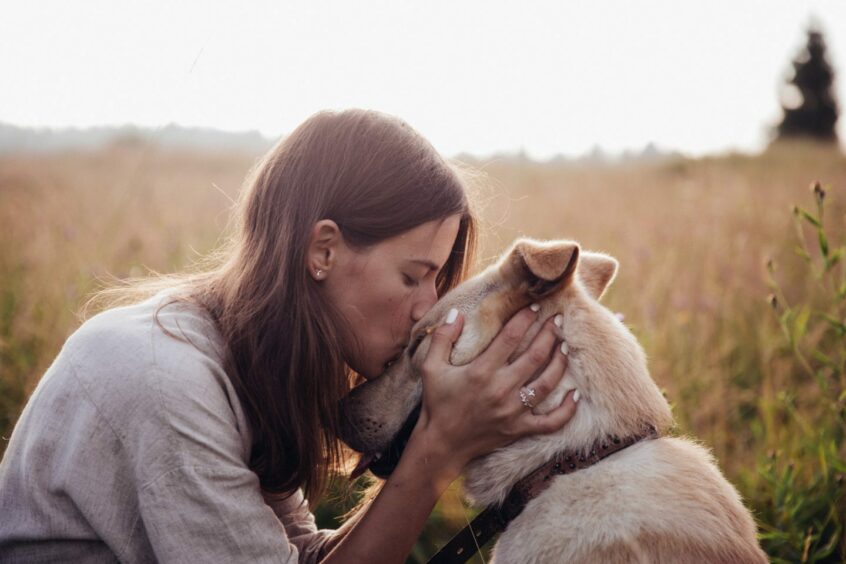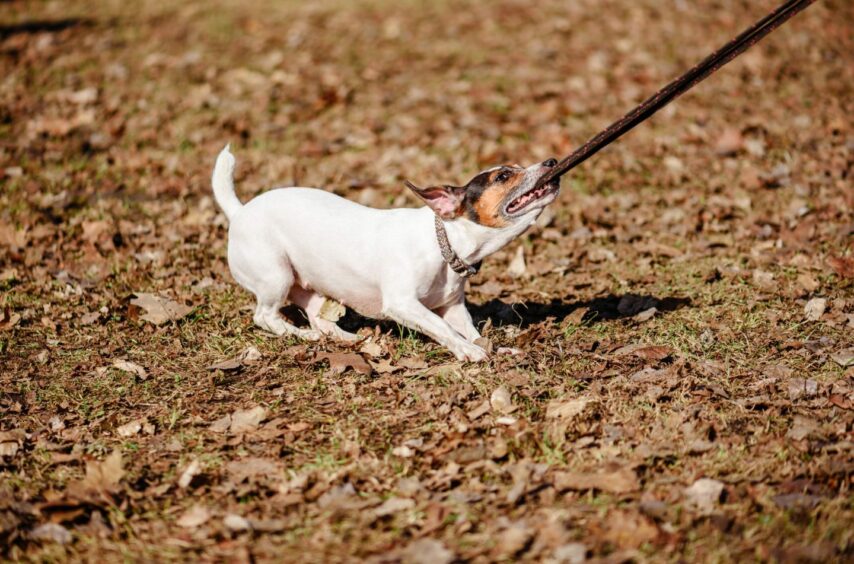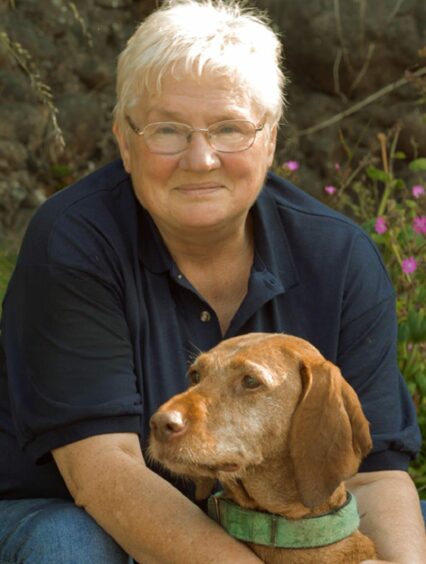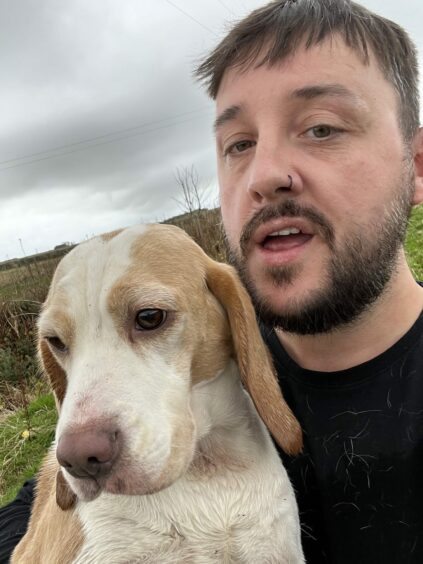
Prior to my life as a journalist, a very different career was in store for me.
I was a kennel maid, or rather I cleared up dog muck and helped take care of the culprits while their owners were on holiday.
There was Harold the enthusiastic chocolate Labrador who pulled me into a ditch, and several snappy visitors who came with a warning.
A damning “I bite ankles” scrawled on a whiteboard or “humps when excited” for a particularly amorous Staffy.
Crimes of passion aside, the owners were far more complicated.
I often found myself thinking that the Daschund brothers wouldn’t be nearly so troublesome if their owner didn’t query whether they’d still get a puppuccino at breakfast time.
A decade on, and it seems dog owners have only grown more intense.
I see daily accusations online, where owners launch into an abusive tirade concerning lead etiquette, and why their own perfect pooch isn’t at fault.
I’ve caught up with a dog trainer, alongside a couple who miraculously found their missing dog after an 11 day search.
Denise Shirreffs: founder of Awesome Paws Academy
Denise has been involved with animals all her life, and decided to retrain (pardon the pun) after her own dog suffered a traumatic experience.
She went on to launch Awesome Paws Academy in 2015, and offers classes in Portlethen alongside home visits.
“I used to be a psychiatric nurse, I’ve always been interested in behaviour,” said Denise.
“Watching what other dogs say to one another and to me, it’s like another world.”
But as to why dog owners can disagree so vehemently, Denise believes the topic is complicated.
She says the top three issues she sees are reactivity, pulling on the lead and no recall – when a dog comes back to you on command.
“We need to remember that dogs aren’t humans, that’s part of the problem.
“Dogs see the world totally different to us, their reality is not our reality.
“They understand the world in a way we can’t even start to comprehend.
Denise believes that if issues surrounding recall and reactivity aren’t knocked on the head, the UK may follow suit and mirror US laws – where in some states it is illegal to have your dog off their leash unless in a designated dog park.
“If folk aren’t careful, that’s what will happen here,” she said.
“I do understand why people can get het up, I don’t like my dogs running up to other people and vice versa.
“It’s such a complex subject, but I think a lot of people don’t put the training in.
“This is about everyone having respect for everyone else.”
Jon Mitchell: Reunited with dog after 11 days
If anyone knows the impact a dog can have on your life, it’s Jon Mitchell and his partner, Jonathan Stephen,
The couple were at the heart of media storm last November, when their dog Millie, went missing after she was spooked by a firework in Peterhead.
Hundreds of people volunteered to join the search, and the pair camped out in a bid to bring Millie home.
As hope faded despite the use of heat sensors, drones and a pungent trail of fish, garlic and gravy, Millie was finally found in a field five miles from home.
The reunion was not what you might expect however, and optical boutique owner Jon, learned a lot along the way.
“It’s a reminder that dogs don’t behave how we expect them to behave,” said Jon.
“We were having to ask people not to search for Millie, because all the different scents were making it even more difficult for her.
“Millie was part of our family and it was important to us not to give up on her, ever.”
Millie ran in the “opposite direction” when she was finally found, which is to be expected of dogs who have gone missing.
“Millie went into survival mode, any dog would do it,” said Jon.
“I learnt that it’s unlikely your dog will come towards you, and we discovered that not everyone felt the same way about Millie as we did.
“We were trolled terribly online and told to get a grip, it’s really weird for us that there are people out there who aren’t dog lovers.”
Jon believes that different attitudes can partly be attributed to a change in culture.
“I think people from different backgrounds probably think we are a bit crazy,” he said.
“My best friend’s mum is from Colombia, where dogs are considered wild animals that roam the streets.
“Ultimately if Millie was still missing, we’d still be searching for her.”
Dogs behaving badly
According to experts, there are no bad dogs – just untrained or neglected ones.
But an untrained dog can become a massive problem, especially when off lead.
Not responding to commands, lunging at other dogs and even becoming aggressive, can make your life a nightmare.
Survival mode is not an indication of disobedience however.
When a dog is lost, it is no longer a domesticated pet.
It resorts to basic primal instinct, and views humans, even the distraught owner, as a predator.
There’s no hard or fast rule for when a missing dog will enter survival mode.
Some dogs will take a week, others half a day.
Once a pet has been found however, this behaviour isn’t permanent.





